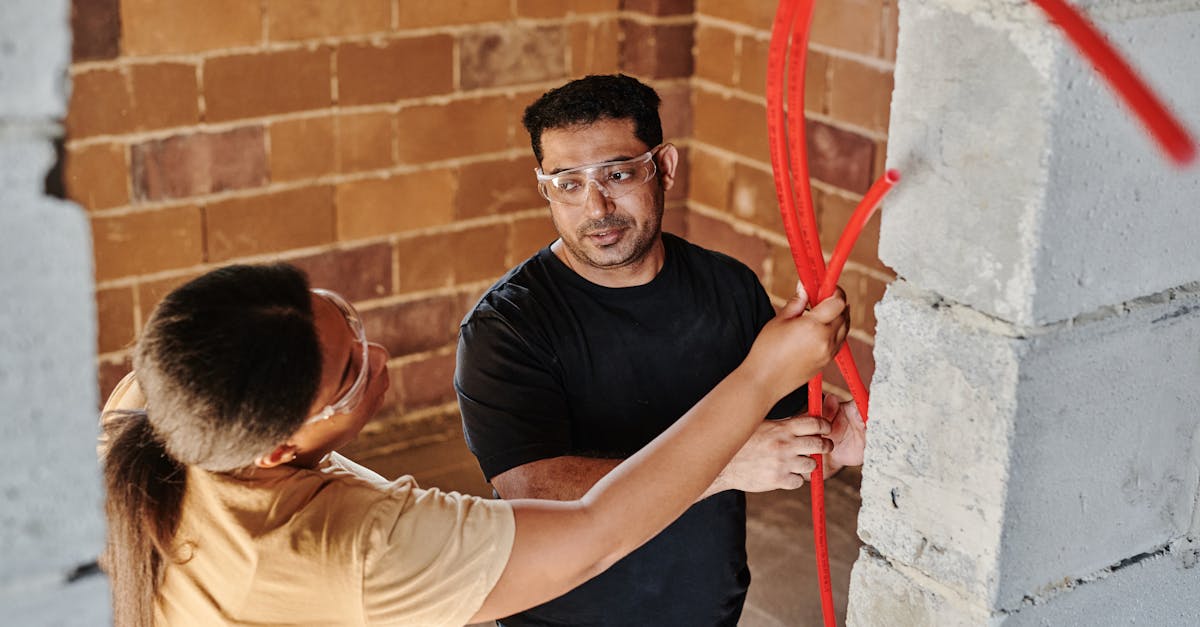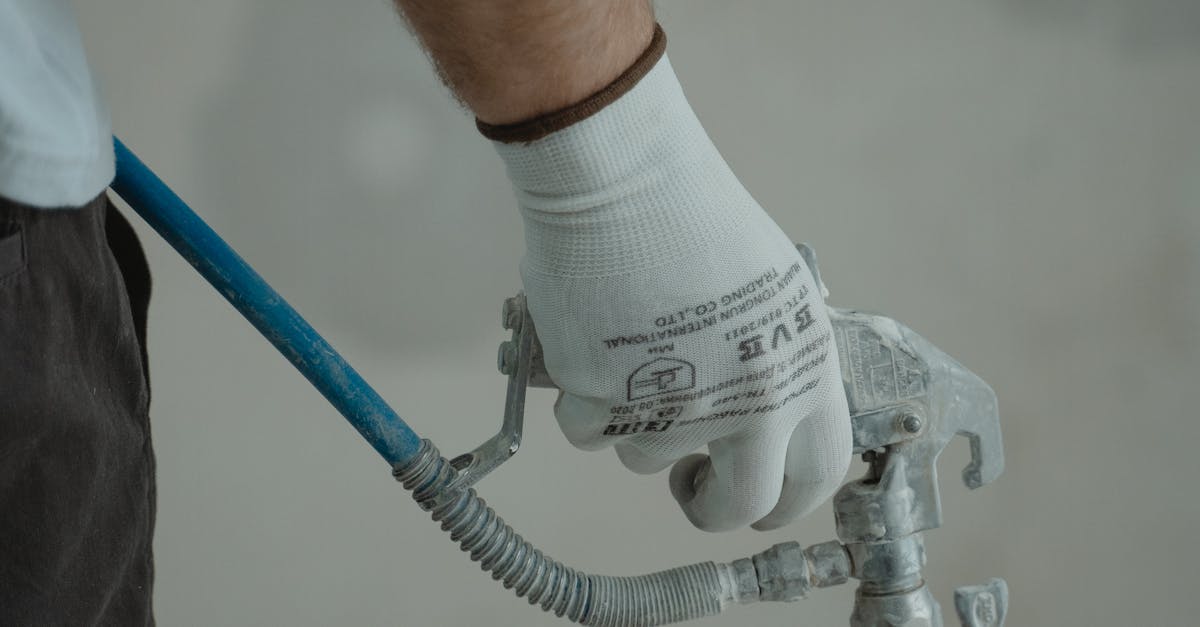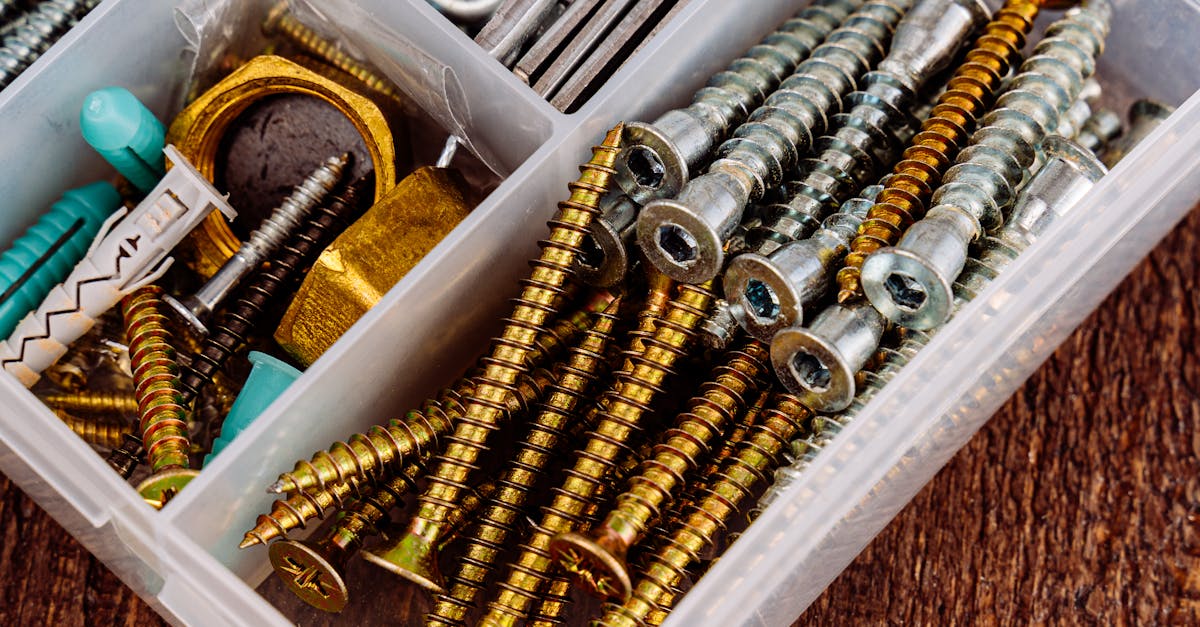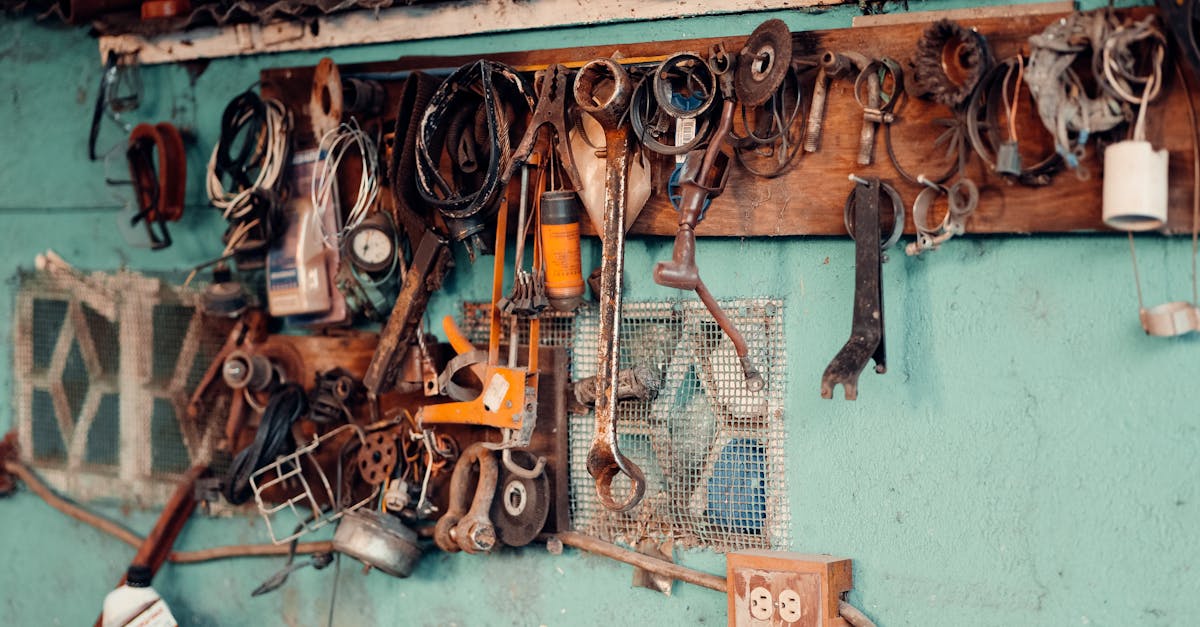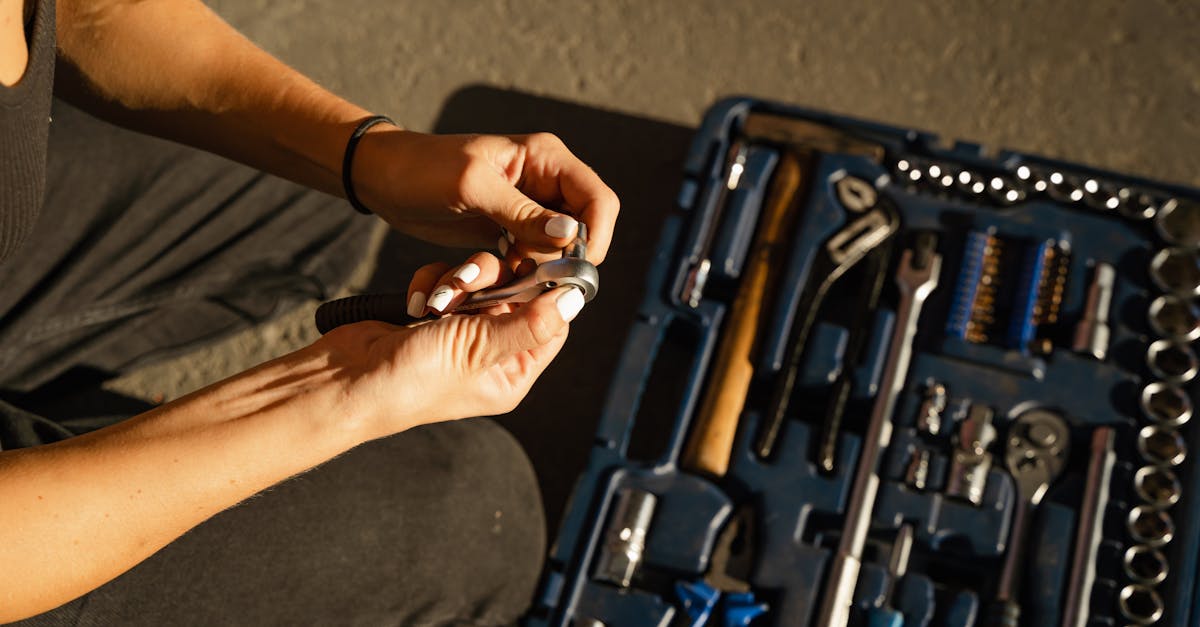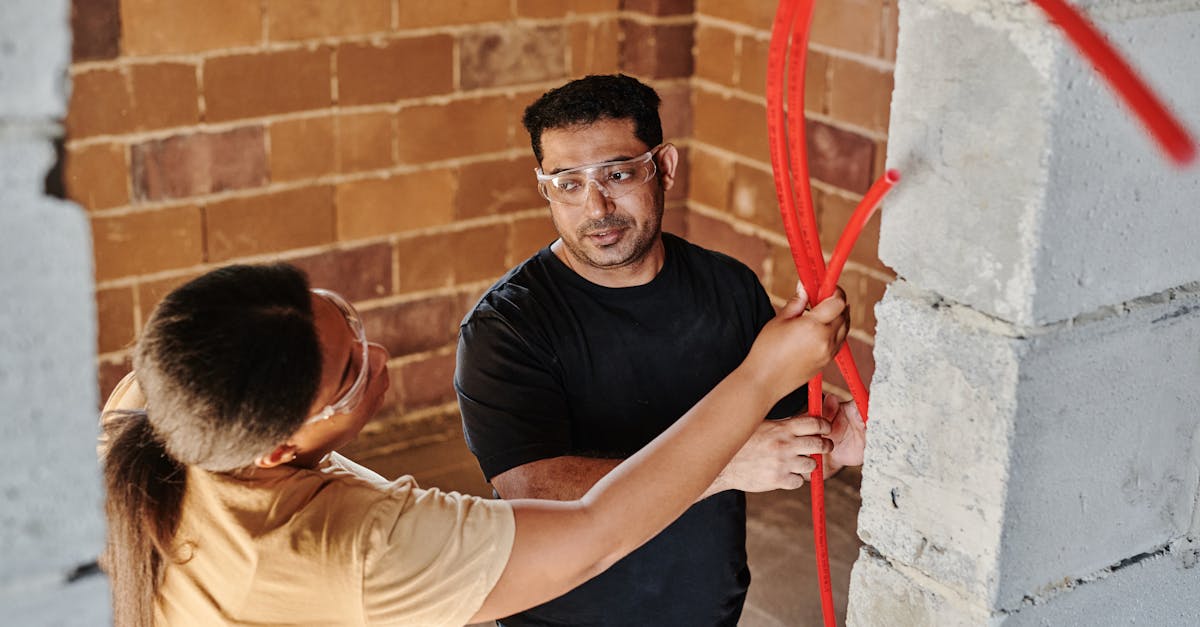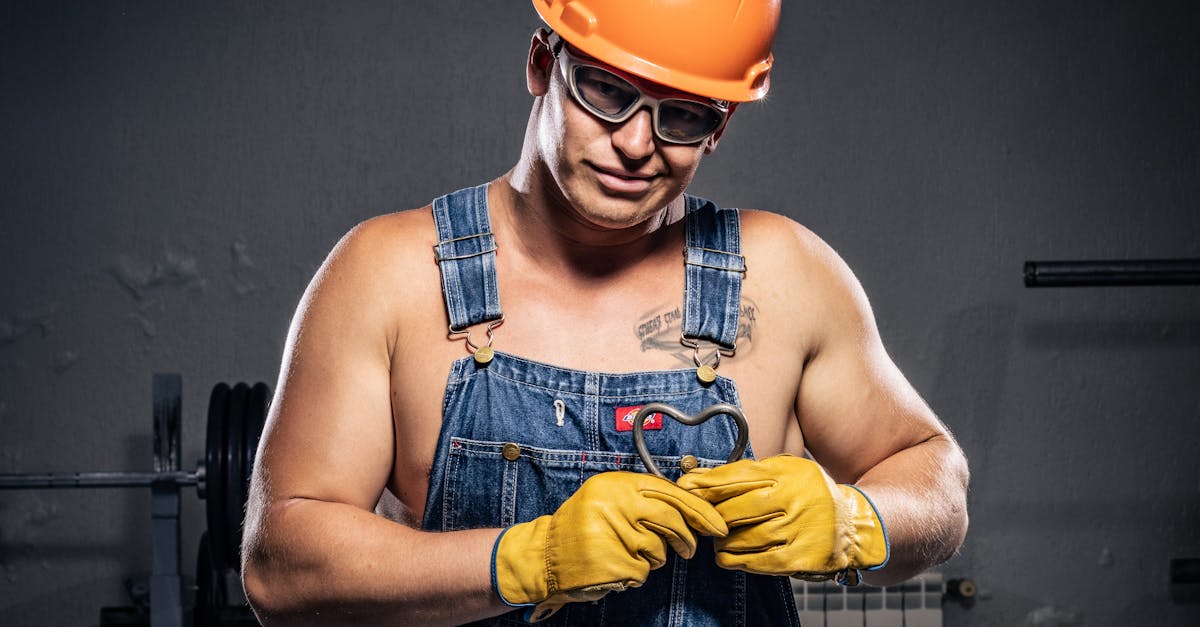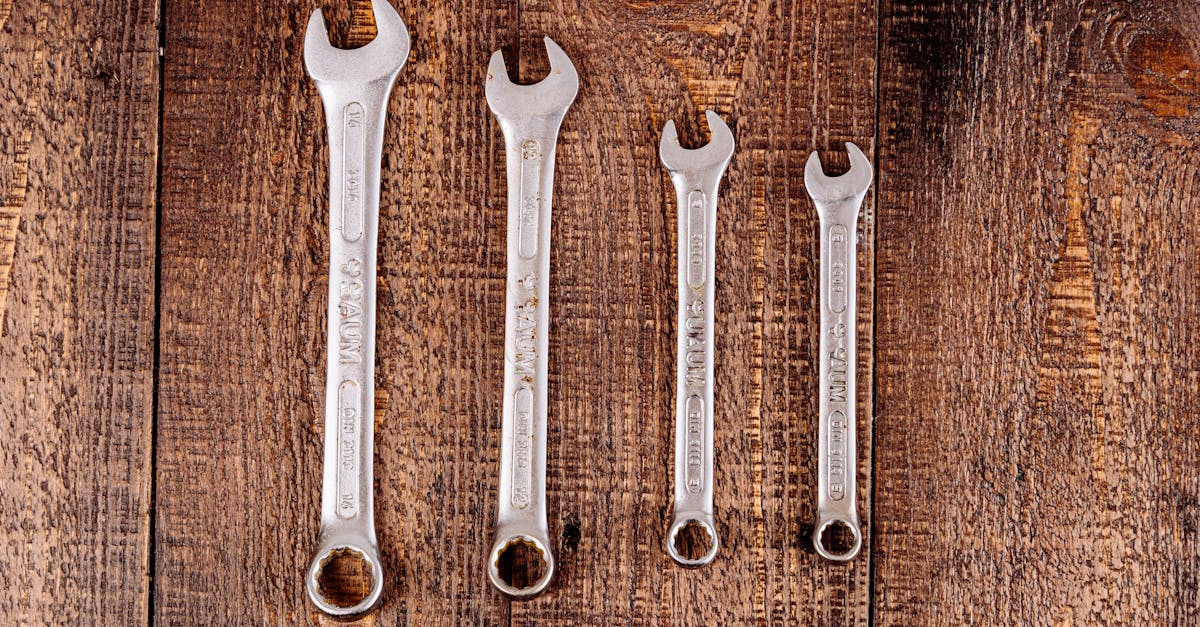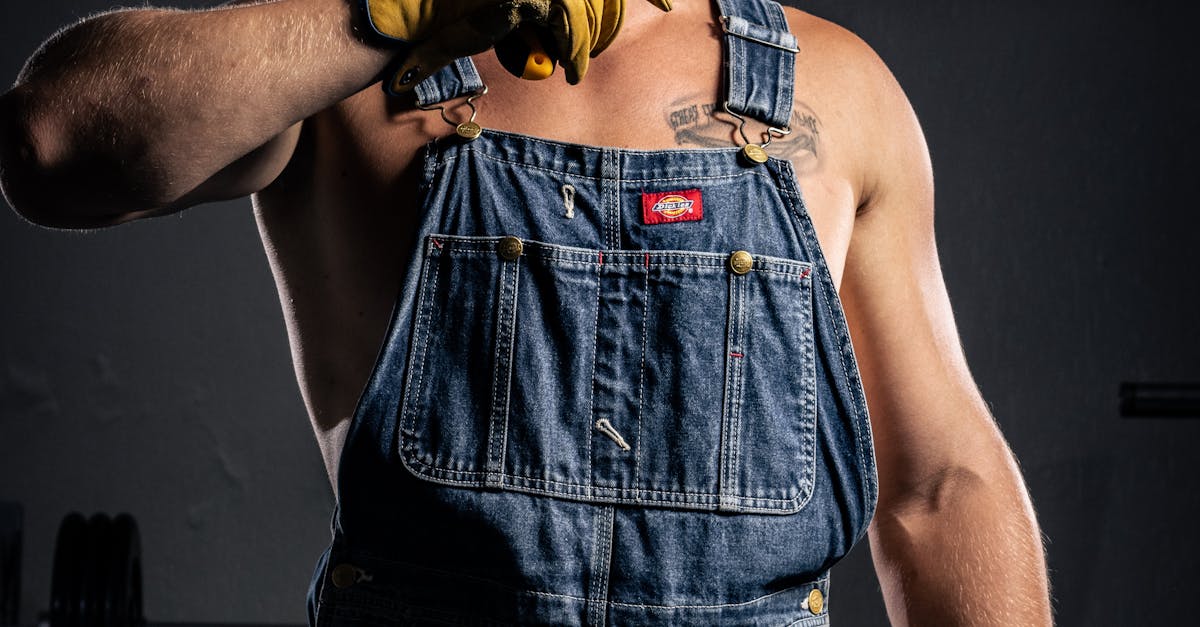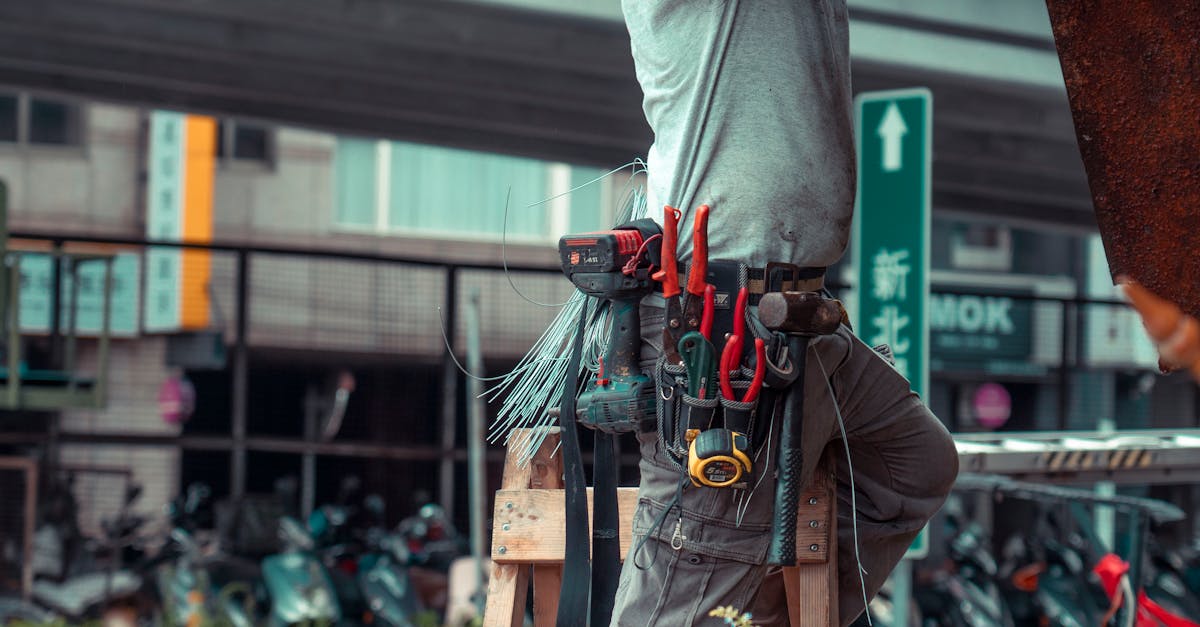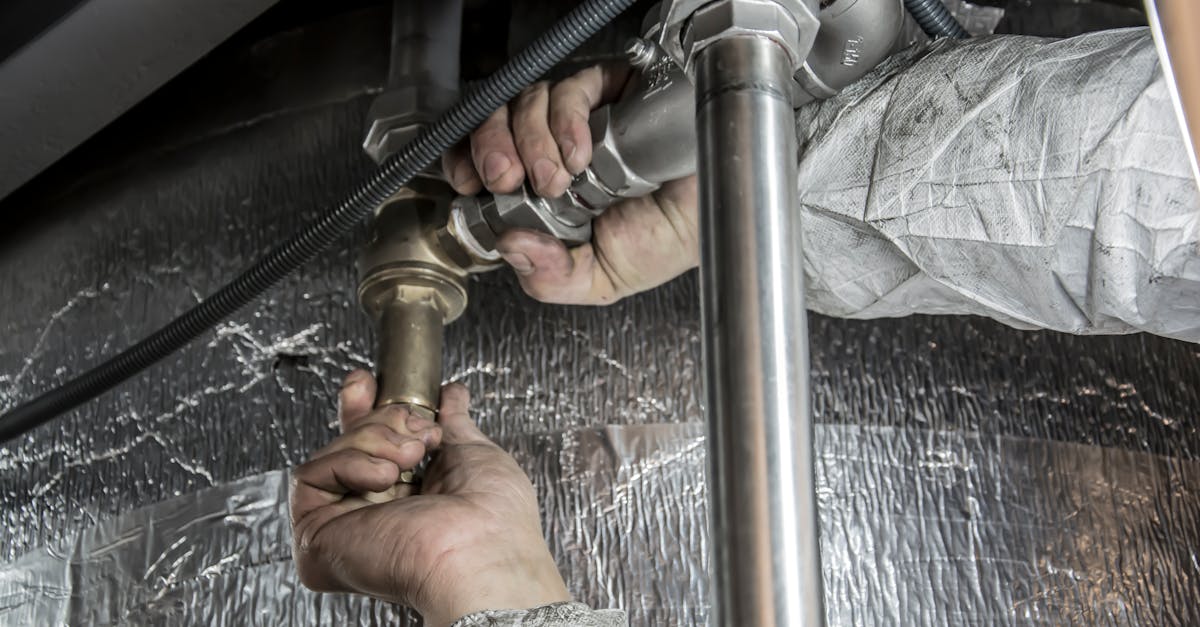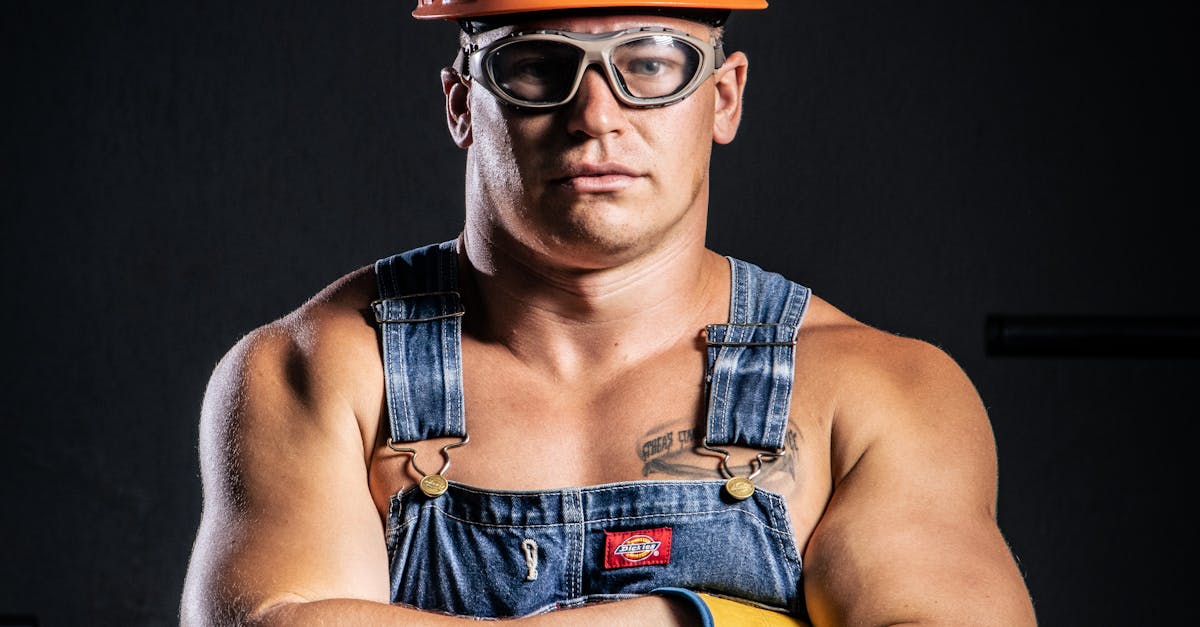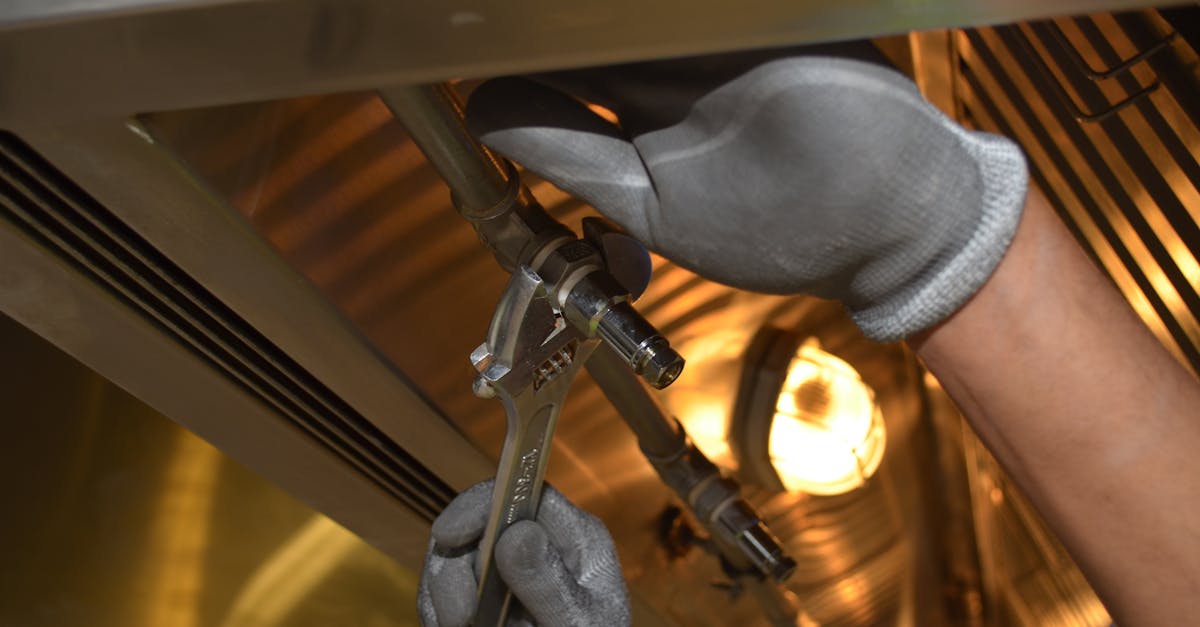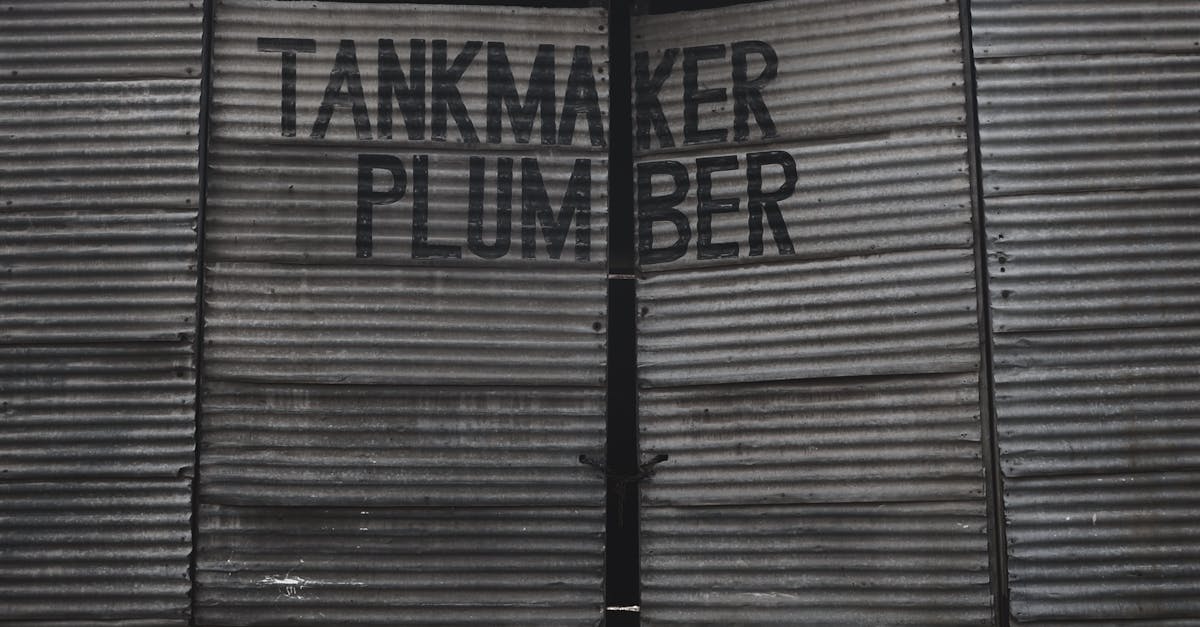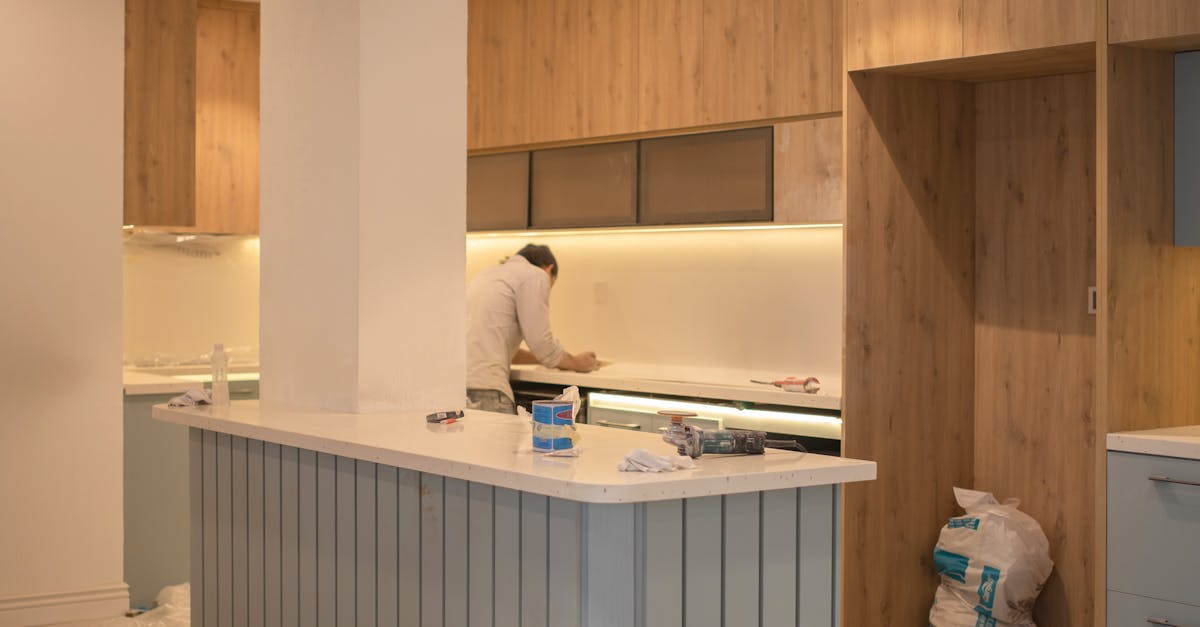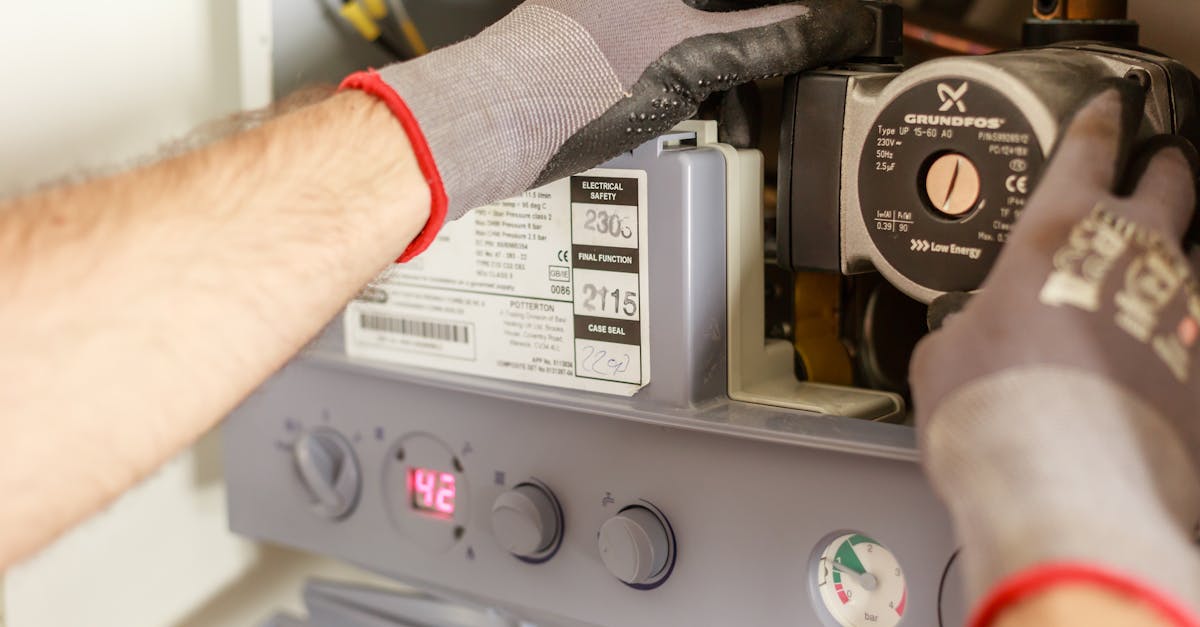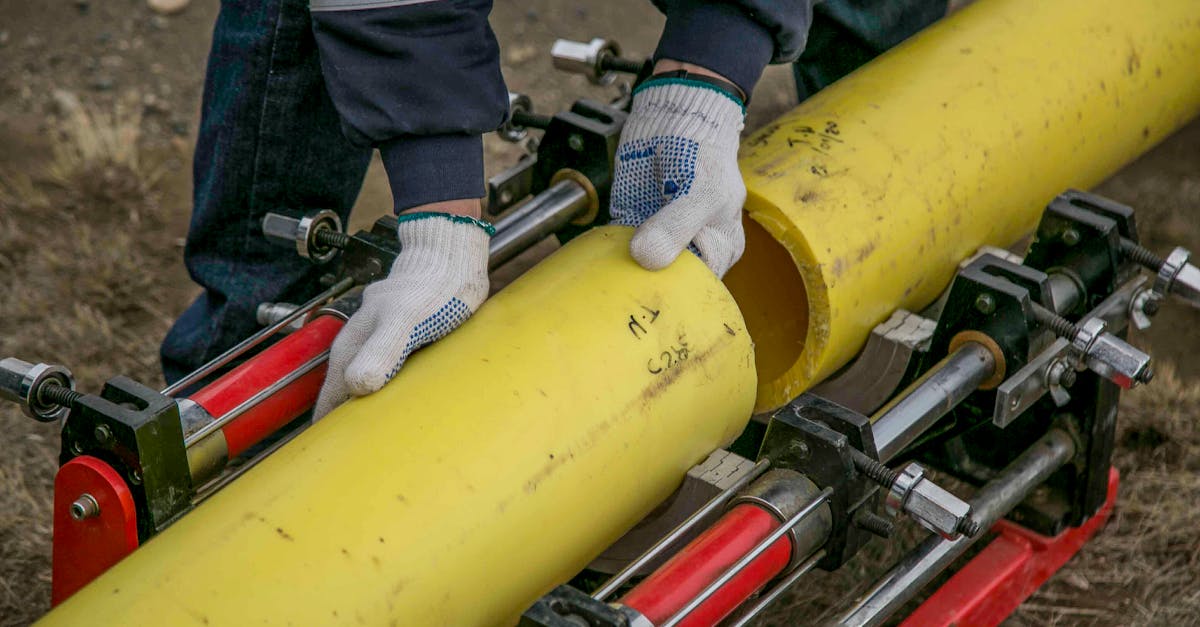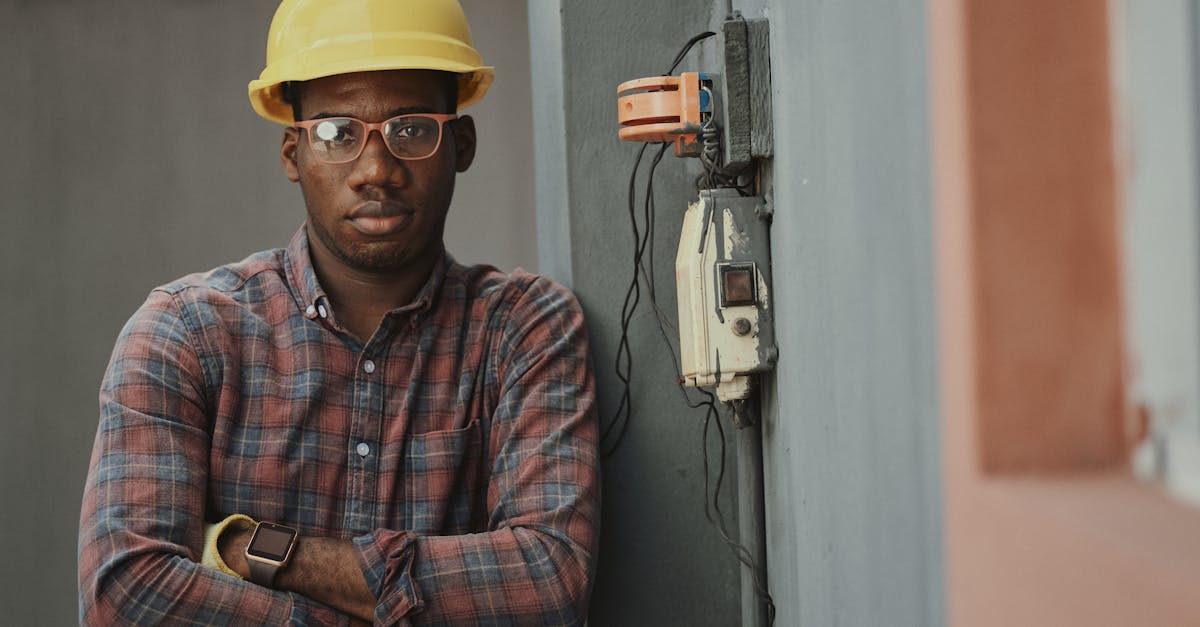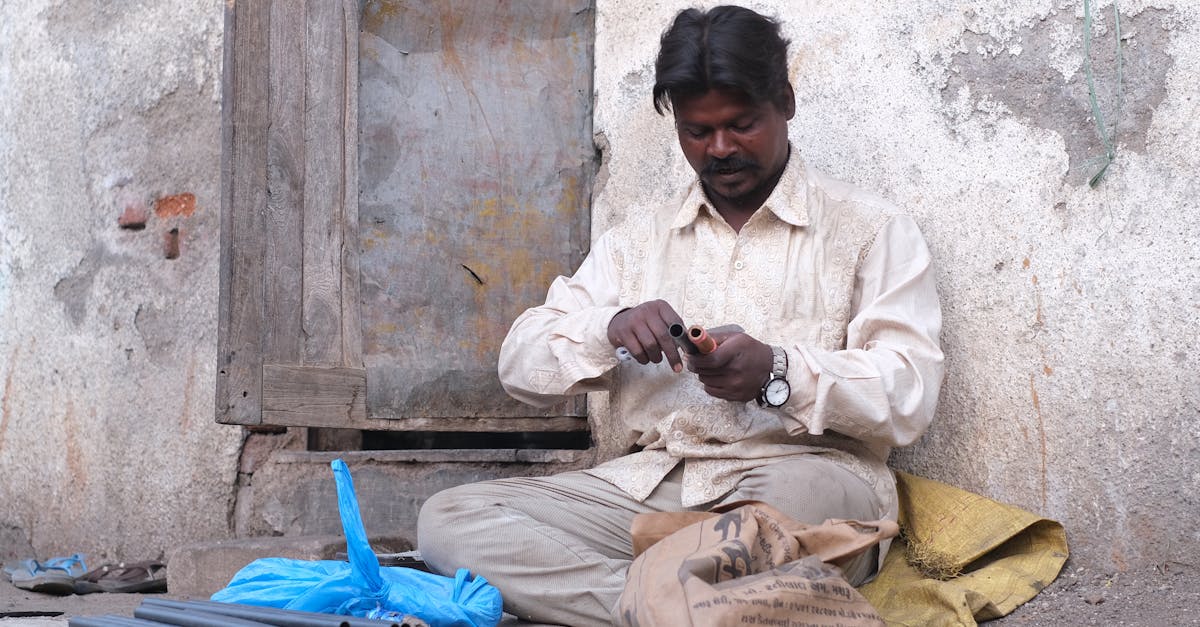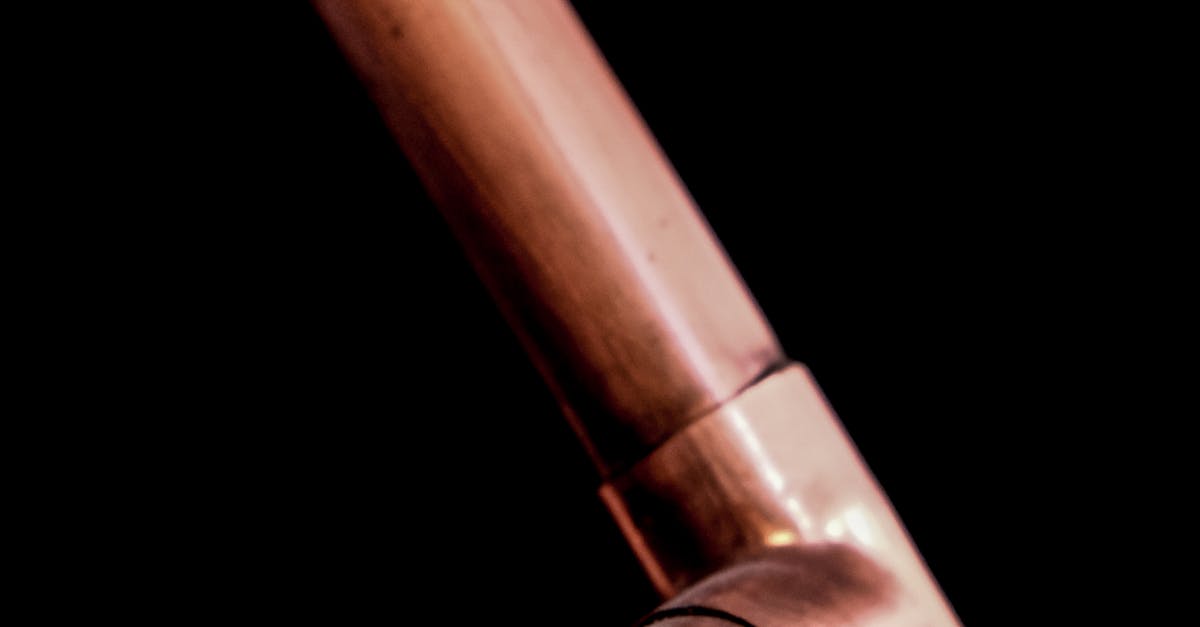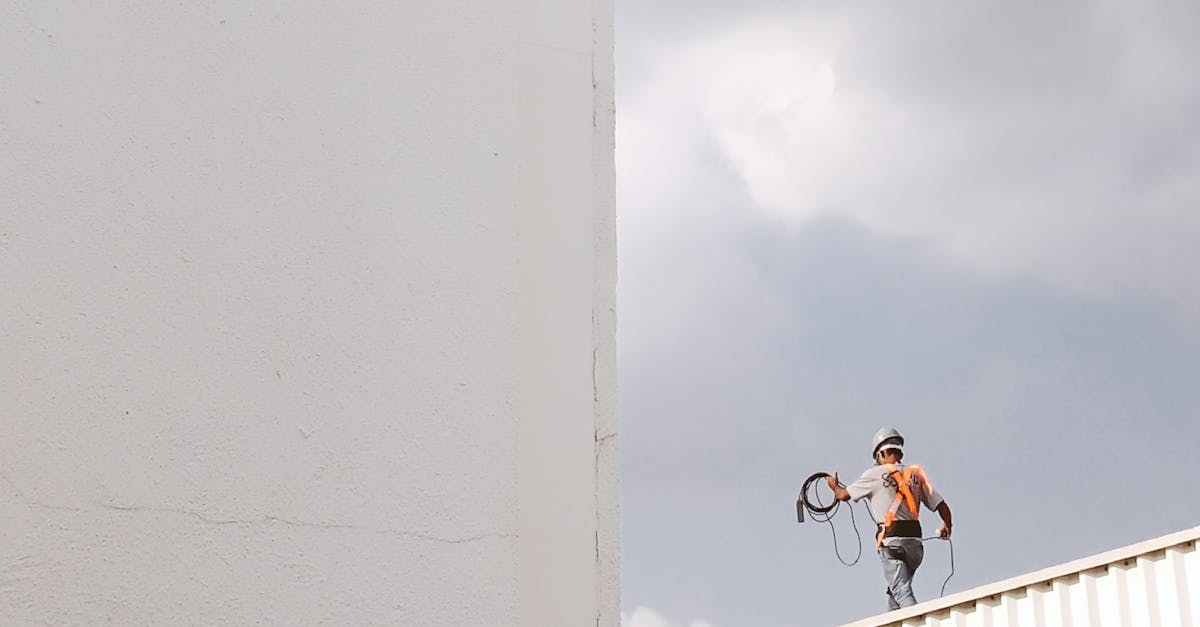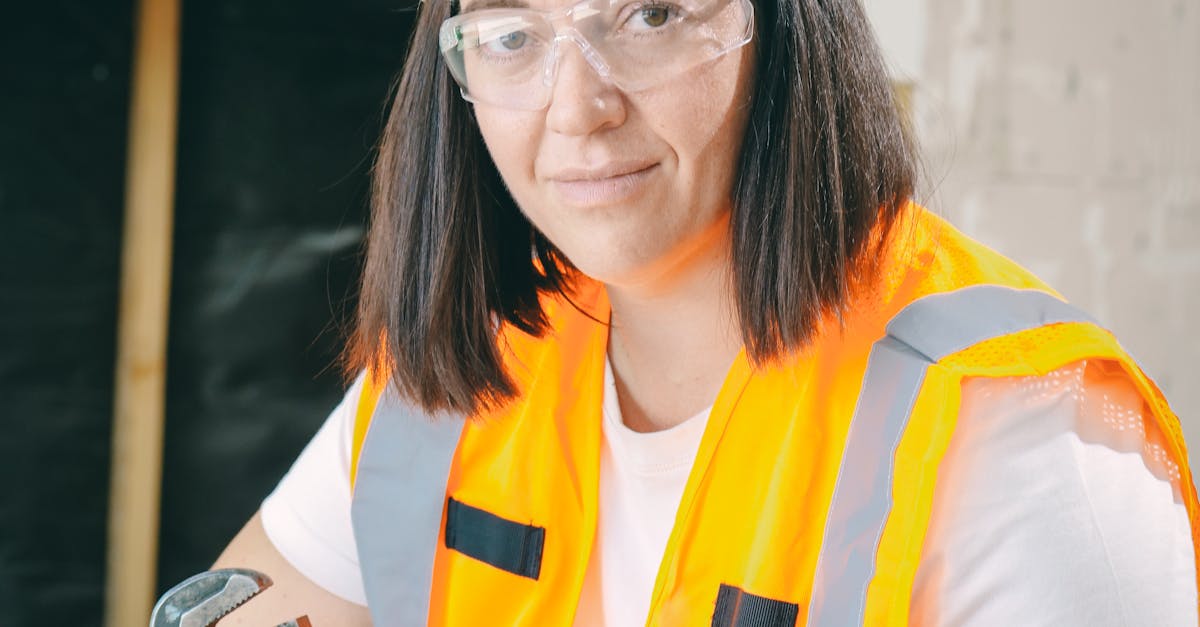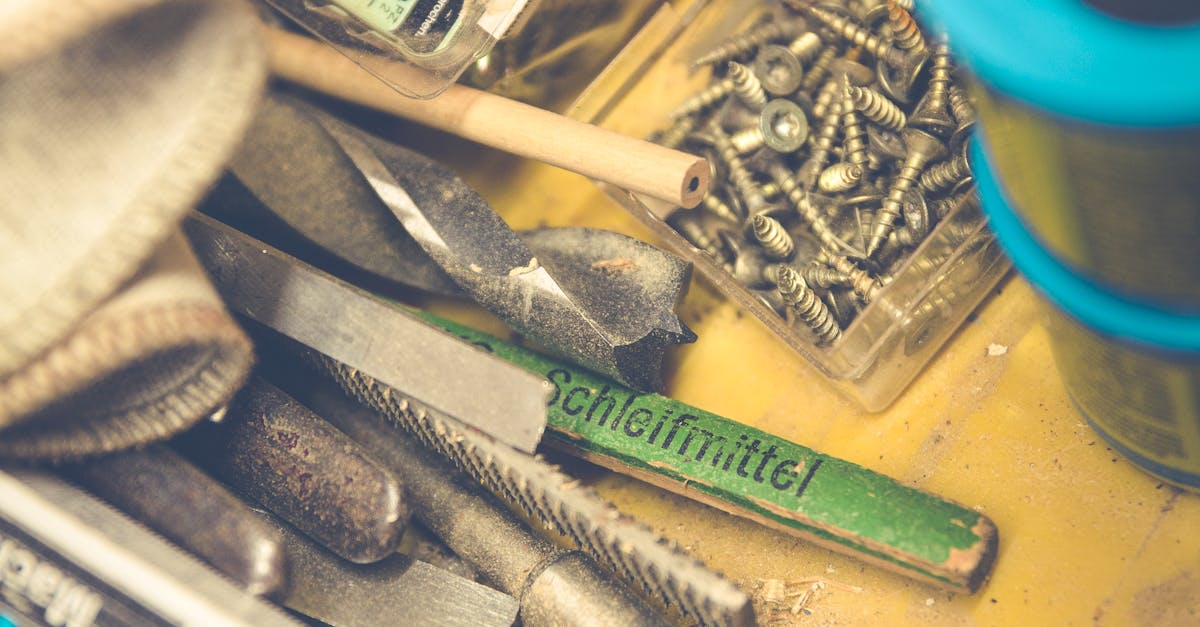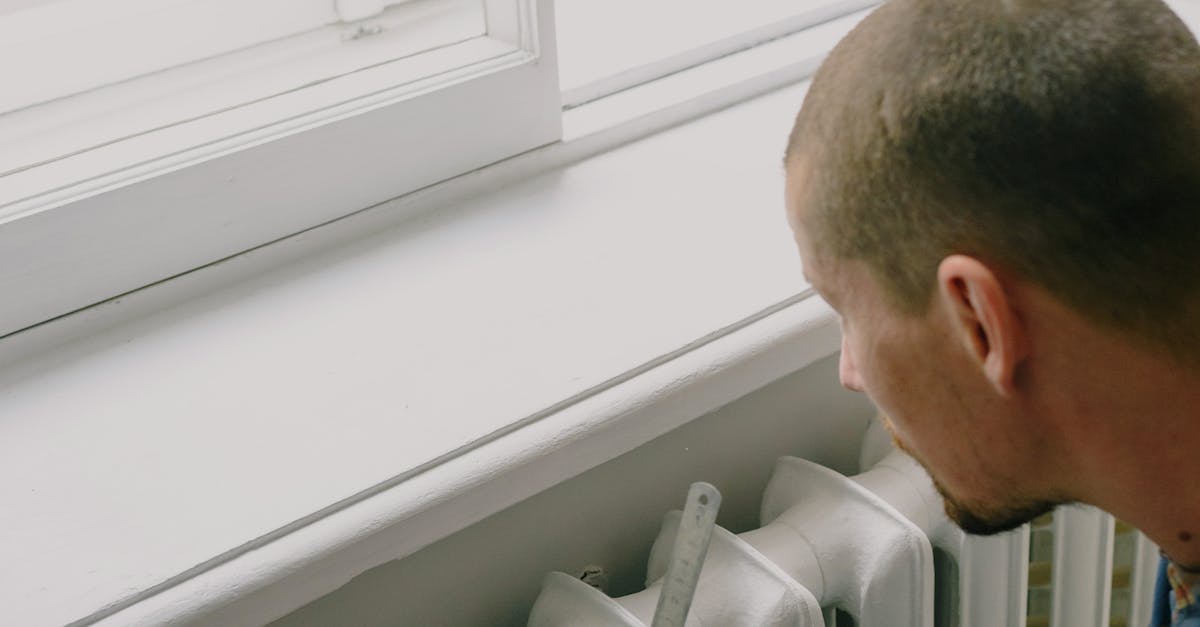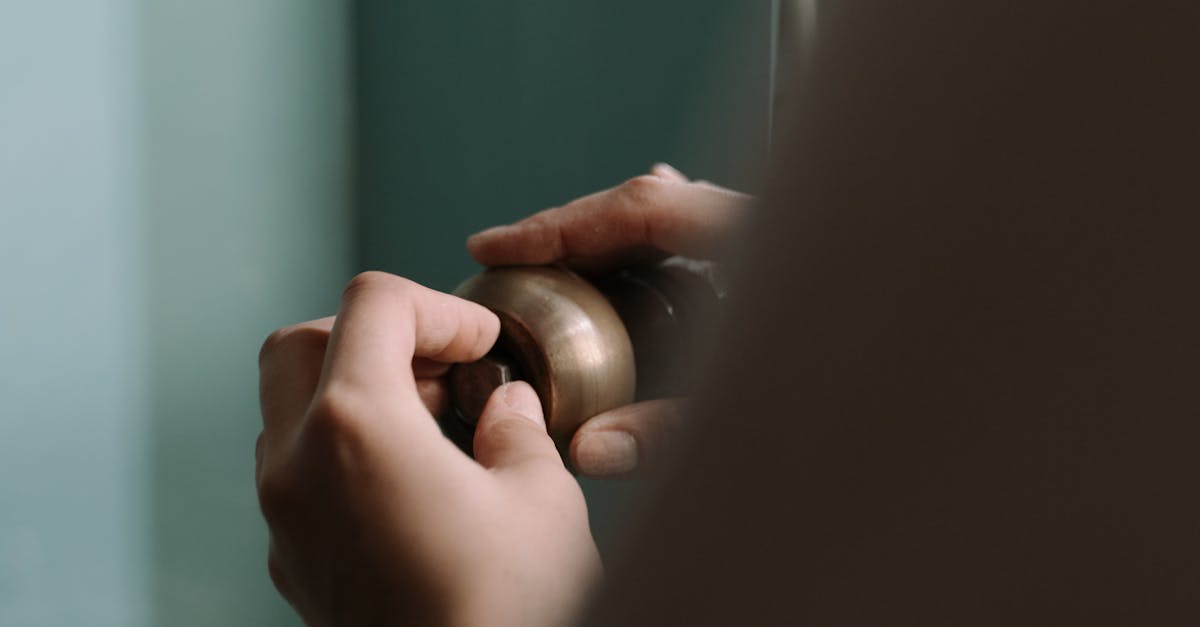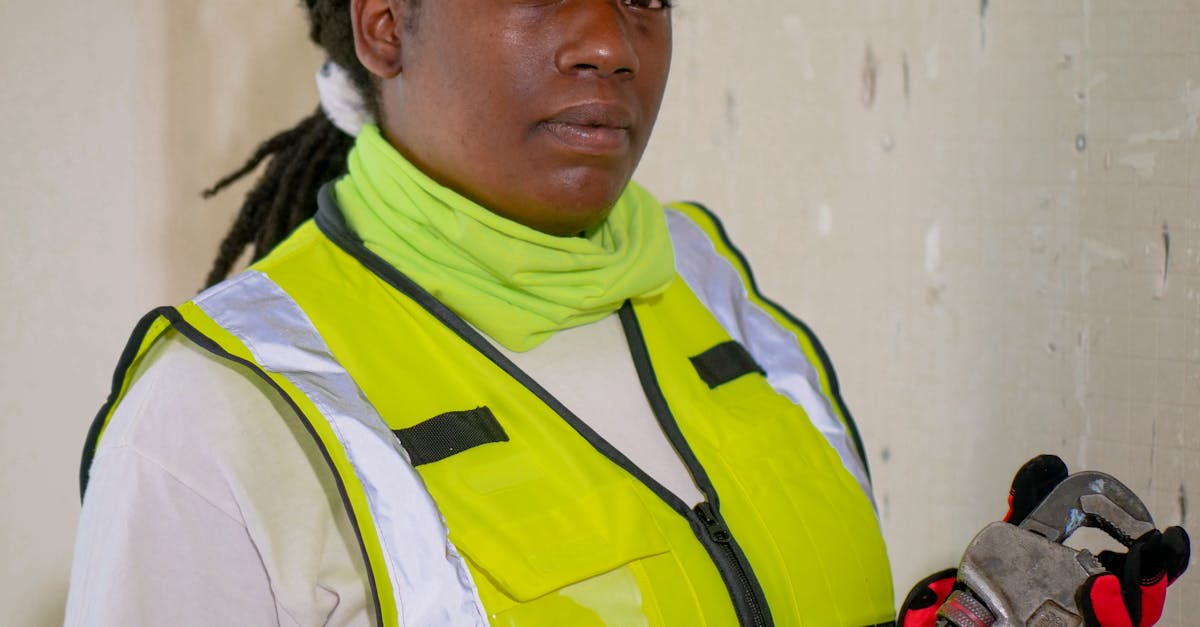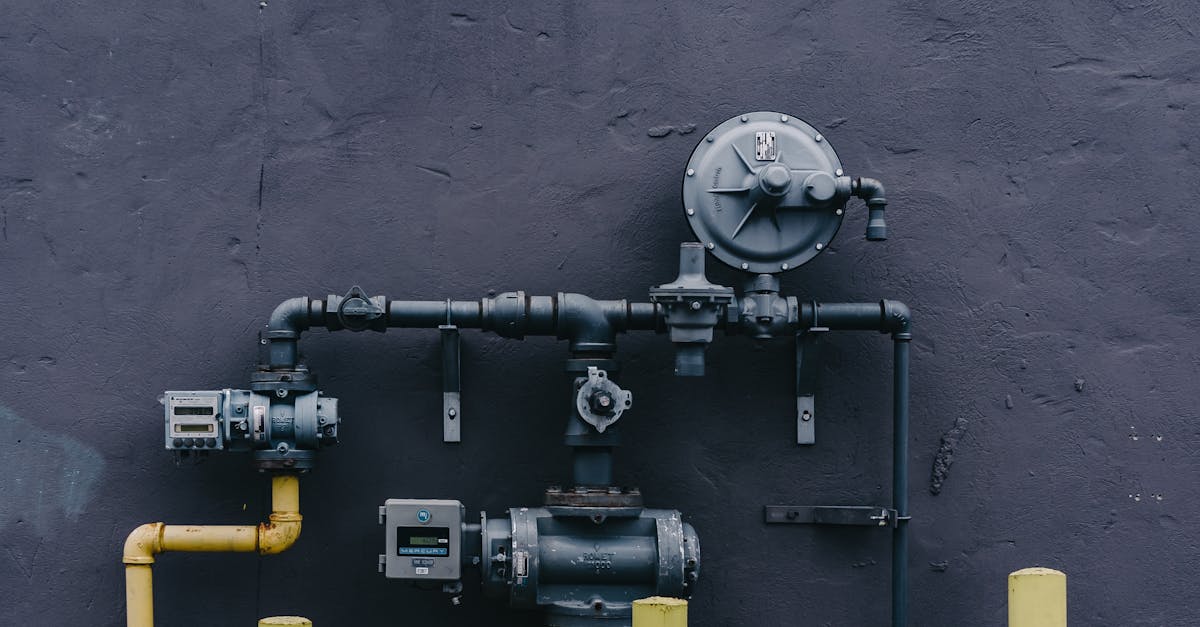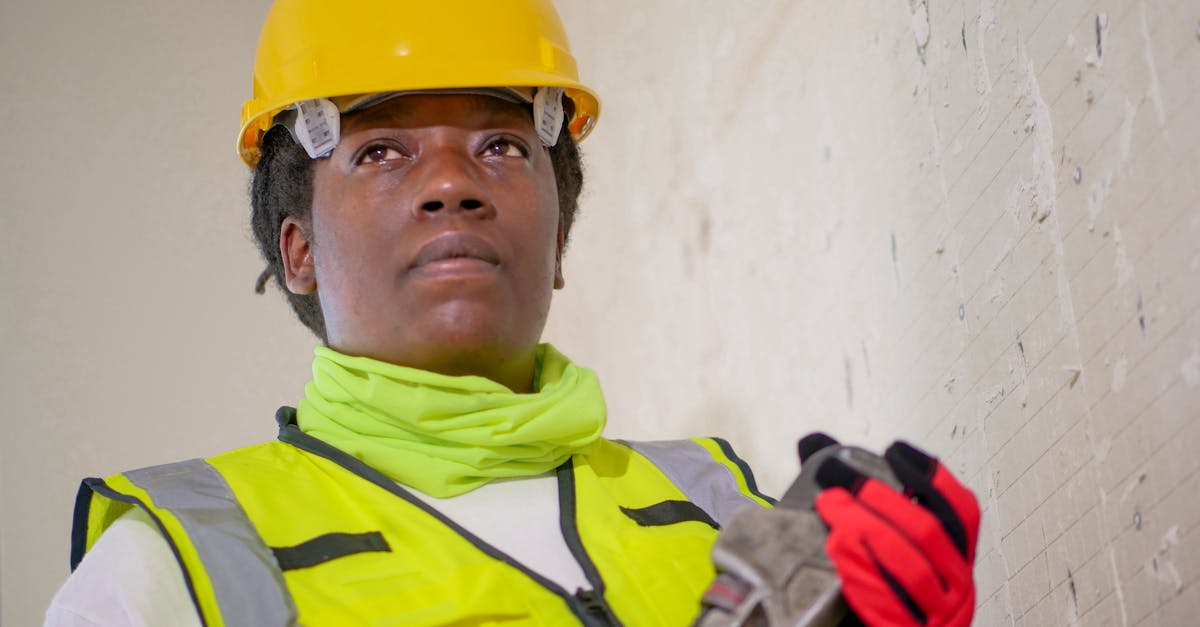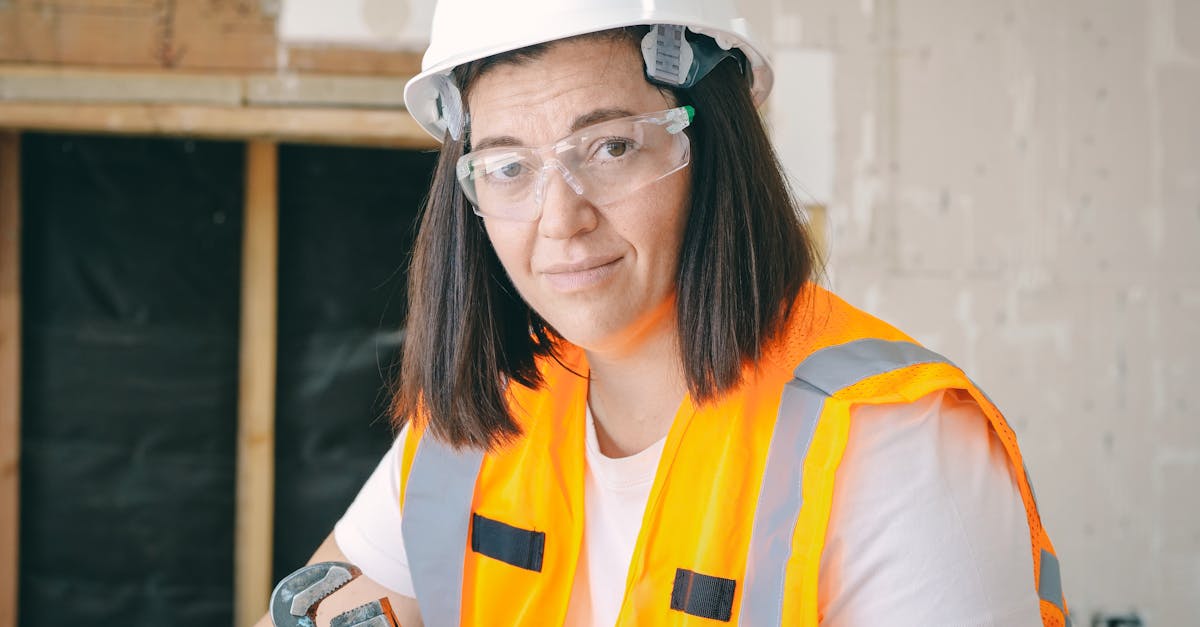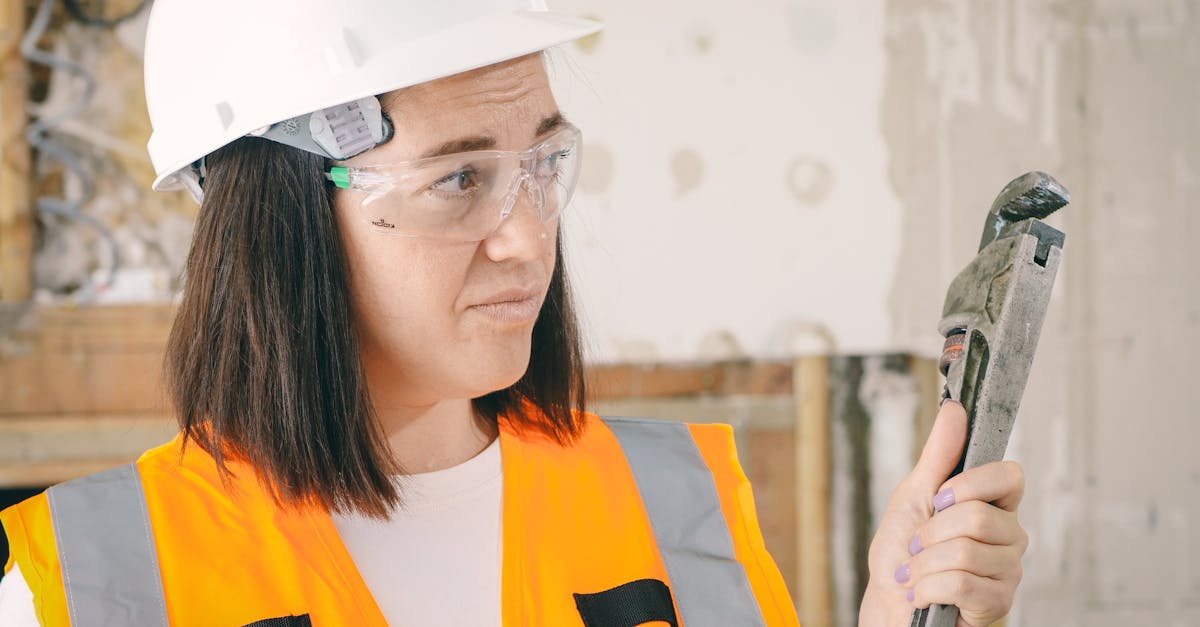
Table Of Contents
When to Call a Professional Plumber
Certain situations warrant the expertise of a residential plumber. If you encounter complex plumbing problems, such as persistent leaks, blocked sewer lines, or issues with gas fittings, seeking professional assistance is essential. These problems often require specialised knowledge and tools that the average homeowner might not possess. A professional can quickly assess the situation, identify underlying issues, and provide long-term solutions, ensuring safety and compliance with local regulations.
Additionally, if you are planning extensive renovations that involve plumbing alterations, consulting a residential plumber is advisable. They can provide invaluable insights into the potential implications of your plans, ensuring that all modifications meet regulatory codes. Engaging a professional helps mitigate risks associated with DIY attempts on larger projects, ultimately saving time and preventing costly mistakes down the line.
Identifying Complex Plumbing Problems
Identifying complex plumbing problems can be challenging for the untrained eye. Signs of issues such as recurring leaks, slow drainage, or unusual noises from pipes often point to underlying problems that require professional attention. These complications can stem from a range of sources, including corrosion of old pipes, tree roots invading sewer lines, or major blockages deep within the plumbing system. For homeowners unsure of the severity of their situation, consulting a qualified residential plumber can provide clarity and prevent further damage.
Many plumbing issues can escalate quickly if not addressed promptly. A residential plumber has the expertise to diagnose intricate problems that may not be apparent at first glance. They can troubleshoot issues involving the main sewer line, malfunctioning fixtures, or faulty appliances, ensuring that repairs are both efficient and compliant with local regulations. Recognising when a problem exceeds basic DIY fixes is vital in maintaining the integrity of a home’s plumbing system.
Tools and Equipment for DIY Plumbing
Taking on DIY plumbing projects requires having the right tools and equipment to ensure effective and safe repairs. Essential items include a range of hand tools such as a pipe wrench, adjustable spanner, and pliers. A good quality plunge and snake tool can assist in unclogging drains. For more complex tasks, power tools like a cordless drill can be useful. Additionally, having a waterproof sealant tape and quality pipe fittings will help create lasting connections. Understanding these tools provides a solid foundation for anyone looking to save on costs typically associated with hiring a residential plumber.
It’s also important to consider personal safety when undertaking plumbing repairs. Protective gear such as gloves, goggles, and appropriate footwear can prevent injuries while working in confined or slippery spaces. A sturdy bucket and towels can be handy for managing spills and leaks during the process. Assembling a reliable toolkit tailored for specific plumbing needs not only enhances efficiency but also boosts confidence. While DIY plumbing can be rewarding, complicated issues might still require the expertise of a residential plumber.
Essential Items for Home Repairs
When undertaking DIY plumbing repairs, having the right tools is essential for achieving successful outcomes. Basic items such as a pipe wrench, adjustable spanner, and a set of screwdrivers provide the foundation for most residential plumbing tasks. Additionally, a plunge might be required for clearing drains, while a drain snake can tackle more stubborn blockages. Safety gear, including gloves and goggles, is also advisable to protect against potential hazards.
Beyond tools, having necessary materials on hand can streamline the repair process. Common items include plumber's tape for sealing joints, a selection of washers for taps, and various fittings to connect pipes. If a project becomes too complex or if safety concerns arise, consulting a residential plumber is sensible. Their expertise can ensure that repairs are executed correctly and adhere to local plumbing regulations.
Insurance Considerations for DIY Plumbing
When undertaking DIY plumbing projects, homeowners should carefully consider the implications for their insurance coverage. Most home and contents insurance policies may have specific clauses that address renovations and repairs. Engaging in substantial plumbing work without the assistance of a licensed residential plumber could potentially void certain aspects of your coverage, especially if the work leads to water damage or other incidents.
It's also essential to review the liability aspects tied to DIY plumbing efforts. If a plumbing mishap occurs, the homeowner might be held liable for any resulting damages, affecting both safety and financial considerations. Obtaining proper advice from a qualified residential plumber can help clarify these issues and ensure that any work done meets necessary standards, potentially safeguarding against unforeseen liabilities.
Coverage and Liability Issues
If you choose to undertake DIY plumbing tasks, it is crucial to understand the implications on your insurance coverage. Many home insurance policies have specific clauses related to plumbing work carried out by homeowners. Engaging in unlicensed plumbing without proper knowledge or skills may void your coverage in case of water damage or other related incidents. A residential plumber not only helps to ensure the work is done correctly but also understands how the insurance landscape applies to plumbing.
Liability issues can arise if DIY plumbing leads to damage or injury. In such cases, home insurance may not cover negligence or improper repairs. A licensed residential plumber adheres to industry standards and regulations, minimising legal risks associated with plumbing work. Homeowners should weigh the potential financial consequences of DIY plumbing against the long-term advantages of hiring a qualified professional.
FAQS
Is it legal to perform my own plumbing work in Australia?
Yes, in most parts of Australia, homeowners can legally perform their own plumbing work, provided it complies with local regulations and building codes. However, certain complex tasks may require a licensed plumber.
What types of plumbing work can I do myself?
You can generally handle minor repairs such as fixing leaks, unclogging drains, and replacing taps. However, for tasks involving gas fittings or major installations, it’s best to consult a licensed professional.
Do I need a permit for DIY plumbing projects?
Permit requirements vary by state and local council, so it’s important to check with your local regulations. Some minor repairs may not require a permit, while larger projects often do.
What are the risks of doing my own plumbing?
Risks include potential damage to your property, incorrect installations that could lead to leaks, and issues with insurance coverage in the event of a mishap. It’s crucial to assess your skills and knowledge before undertaking any plumbing work.
How can I ensure my DIY plumbing is compliant with regulations?
To ensure compliance, familiarize yourself with local plumbing codes and regulations, use appropriate materials and techniques, and consider consulting a professional for advice or inspections if needed.
